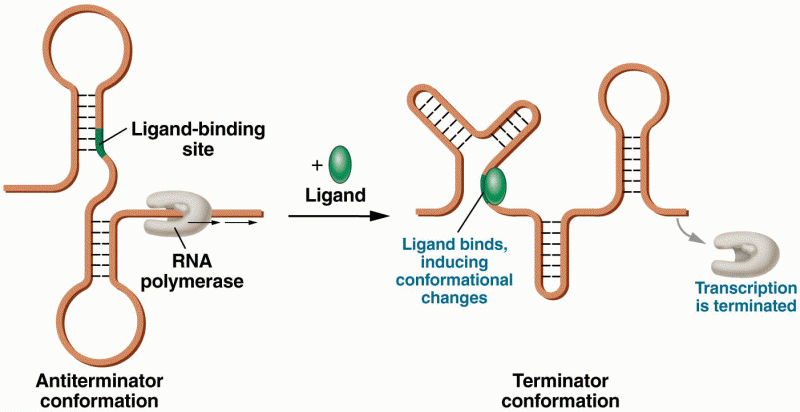|
|
|
Famous people who died from poisoning or drug overdose include, Adolf Hitler, Socrates, Juan Ponce de Leon, Marilyn Monroe, Judy Garland, and John Belushi.
The immune system needs 9.5 hours of sleep in total darkness to recharge completely.
Hippocrates noted that blood separates into four differently colored liquids when removed from the body and examined: a pure red liquid mixed with white liquid material with a yellow-colored froth at the top and a black substance that settles underneath; he named these the four humors (for blood, phlegm, yellow bile, and black bile).
In the United States, an estimated 50 million unnecessary antibiotics are prescribed for viral respiratory infections.
The first documented use of surgical anesthesia in the United States was in Connecticut in 1844.







